Premium Only Content
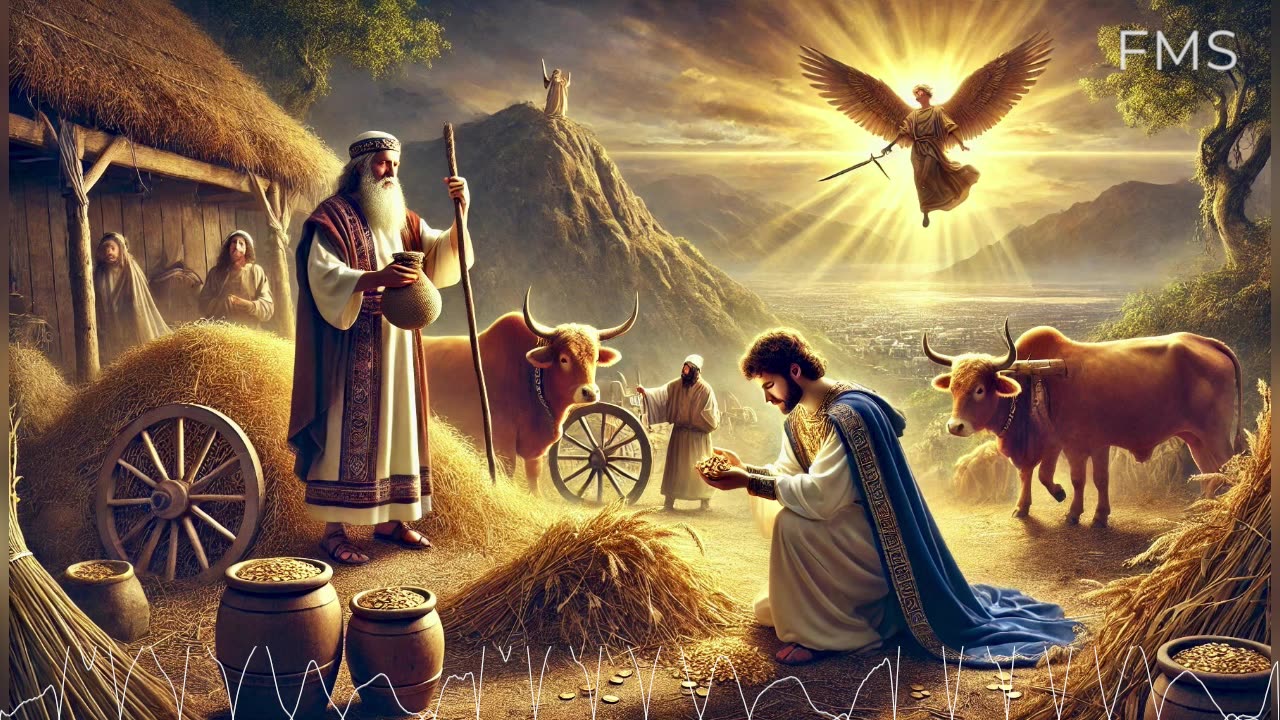
2 Samuel 24 Yahuah’s justice, alongside profound connections to Moses, Abraham, and Yahusha.
Moses’ Census:
Moses conducted censuses by Yahuah’s command:
1. Exodus 30:11-16 – A census required a ransom for each person counted, acknowledging Yahuah's ownership of His people and preventing a plague. This ensured reliance on Yahuah, not pride in numbers.
2. Numbers 1 & 26 – Yahuah commanded censuses for organizing the camp for war and allocating inheritance in the Promised Land. These were lawful, purposeful, and divinely directed.
Daud’s Sin
Daud's census, however, was different:
1. 2 Samuel 24:1 – Yahuah’s anger was kindled against Yisra’el, allowing Satan (1 Chronicles 21:1) to incite Daud to number the people.
2. Why it was wrong:
* Pride and self-reliance: Daud counted his military strength rather than trusting Yahuah.
* No ransom: Unlike Moses' census, there was no acknowledgment that the people belonged to Yahuah.
* Unlawful action: Yahuah did not command this act.
Afterward, Daud’s heart smote him, and he repented, saying:
"I have sinned greatly in what I have done. Now, Yahuah, take away the guilt of your servant, for I have acted very foolishly" (2 Samuel 24:10).
The Punishment and Mercy
Yahuah, through the prophet Gad, offered Daud three punishments: famine, defeat by enemies, or a plague (2 Samuel 24:12-13). Daud chose the plague, saying:
"Let us fall into the hands of Yahuah, for His mercy is great" (2 Samuel 24:14).
The plague struck, killing 70,000 men, but Yahuah showed compassion:
"When the angel stretched out his hand to destroy Yerushalayim, Yahuah relented concerning the disaster" (2 Samuel 24:16).
At the threshing floor of Araunah the Jebusite, where the plague halted, Daud built an altar as instructed by Gad.
Daud’s Purchase of the Land
Araunah offered the land, oxen, and wood for free, but Daud refused:
"I will not sacrifice to Yahuah my Elohim burnt offerings that cost me nothing" (2 Samuel 24:24).
Daud paid 50 shekels of silver for the threshing floor (or 600 shekels of gold for the site in 1 Chronicles 21:25), marking the location for the future Temple. This act parallels Abraham’s purchase of the cave of Machpelah:
* Genesis 23: Abraham insisted on paying Ephron full price for the burial site of Sarah, saying, "I will pay the price of the field. Accept it from me so I may bury my dead there" (Genesis 23:13). This site became the tomb for Abraham, Isaac, and Jacob.
Both purchases reflect the principle that offerings to Yahuah should come at a cost, demonstrating faith and ownership of sacred ground.
Significance of the Temple Site
The threshing floor on Mount Moriah (2 Chronicles 3:1), where Abraham was tested with Isaac, became the location for Shlomoh’s Temple. This connects sacrifice, obedience, and faith to Yahuah’s unfolding plan.
Foreshadowing Yahusha
Daud’s actions point forward to Yahusha:
* Sin and Atonement: Just as Daud interceded for his people, saying, "Let your hand fall on me and my family" (2 Samuel 24:17), Yahusha bore the sin of humanity, interceding for us as the ultimate sacrifice (Isaiah 53:12).
* Temple and Redemption: The purchased land became the center of worship for Yahuah’s people, where atonement for sin was made. Yahusha fulfilled this by becoming the new Temple (John 2:19-21), the ultimate meeting place between Yahuah and man.
Conclusion
From Moses to Daud, Yahuah teaches that reliance on Him, not human strength, brings victory. Daud’s repentance, the cessation of the plague, and the purchase of the threshing floor highlight Yahuah’s justice and mercy. Like Abraham, Daud recognized that worship demands sacrifice, foreshadowing Yahusha, who paid the ultimate price to redeem us and restore worship in spirit and truth.
-
 3:12:37
3:12:37
TimcastIRL
7 hours agoGOP Councilman DOUSED IN GAS, Set ON FIRE In Virginia, Suspect In Custody | Timcast IRL
237K86 -
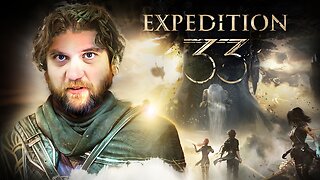 2:32:23
2:32:23
The Quartering
6 hours agoOn To The Big Bosses! Act 2 Of Expedition 33
55.2K5 -
 7:36:34
7:36:34
SpartakusLIVE
8 hours agoTiger Blood RESTOCKED and 30% off w/ code SPARTAKUS30
81K -
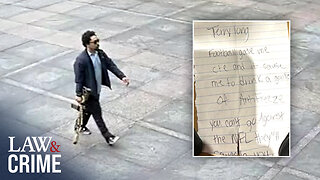 24:58
24:58
Law&Crime
9 hours ago $2.57 earnedSecond Note Leaves Disturbing Clues in New York City Killings
33.5K9 -
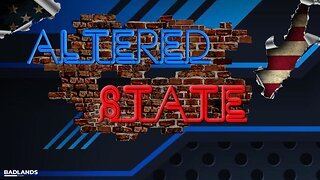 1:36:57
1:36:57
Badlands Media
1 day agoAltered State S3 Ep. 39: Earthquakes, Energy Games & the Fall of the Narrative
71K15 -
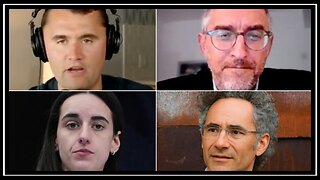 2:04:07
2:04:07
Due Dissidence
14 hours agoCharlie Kirk's GAZA LIES, Caitlin Clark Stalker, Palantir Goes Hollywood - w/ Kyle Matovcik | TMWS
38.3K8 -
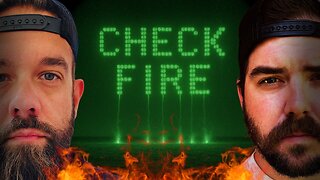 2:54:43
2:54:43
I_Came_With_Fire_Podcast
15 hours agoAmerica First, Trump Threatens China, Your Friendly Neighborhood Illegal, EPA Gets a "W"
37.6K8 -
 4:40:21
4:40:21
Geeks + Gamers
6 hours agoGeeks+Gamers Play- MARIO KART WORLD
27.5K2 -
 8:28:19
8:28:19
Dr Disrespect
15 hours ago🔴LIVE - DR DISRESPECT - BATTLEFIELD 1 - FULL GAME
170K7 -
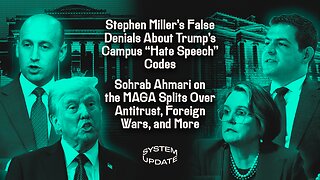 1:39:26
1:39:26
Glenn Greenwald
10 hours agoStephen Miller's False Denials About Trump's Campus "Hate Speech" Codes; Sohrab Ahmari on the MAGA Splits Over Antitrust, Foreign Wars, and More | SYSTEM UPDATE #495
114K77